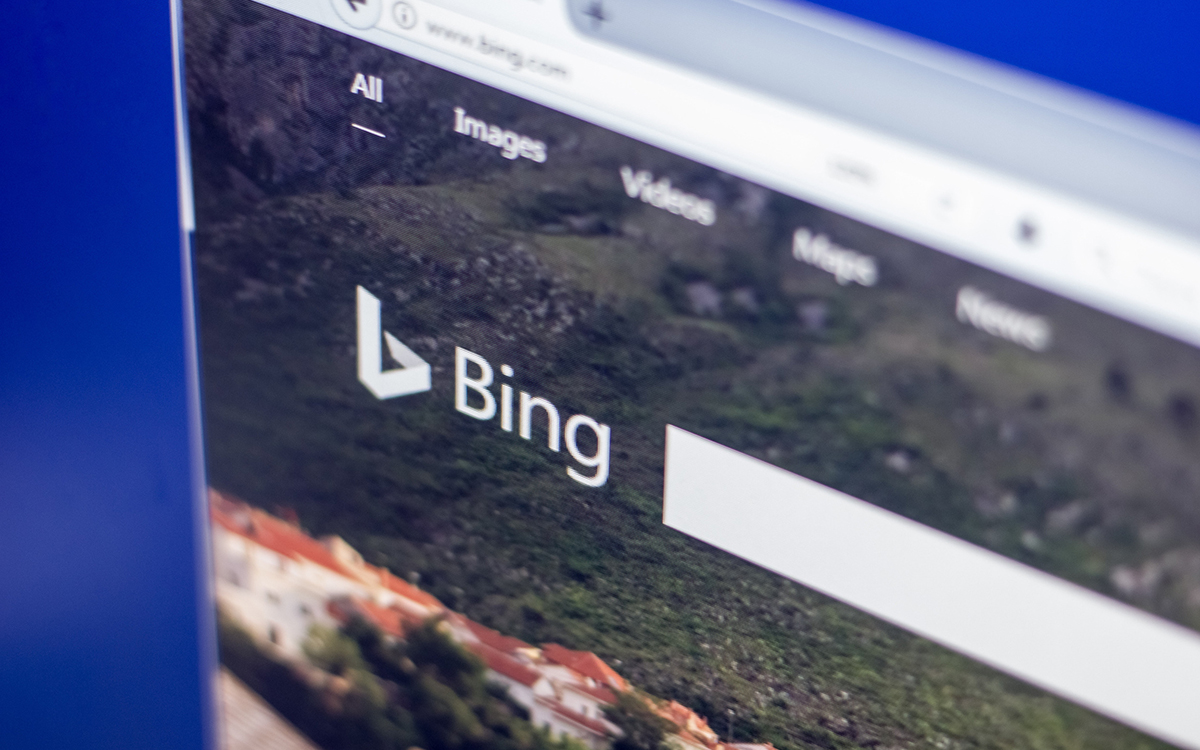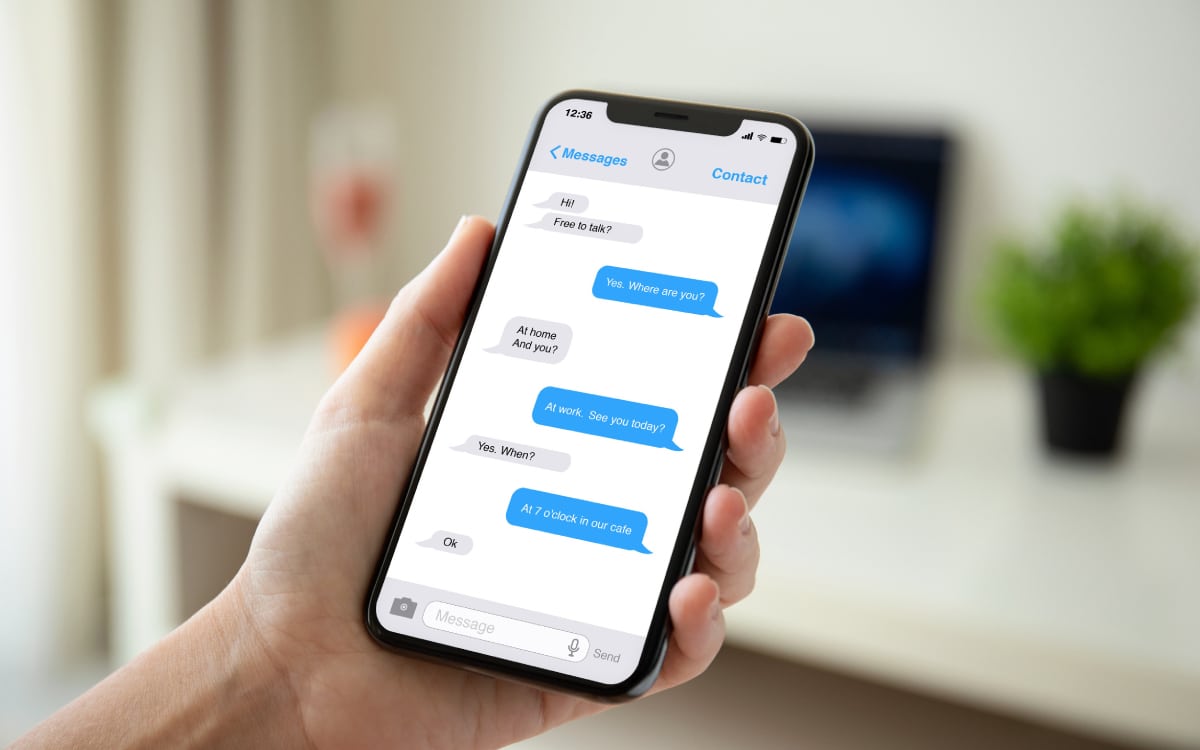Apple and Microsoft are now doing everything possible to ensure that their applications do not fall under the definition of “gatekeepers” under the DMA framework. Specifically, the two companies are trying to evade iMessage and Bing respectively from this new legislation, arguing that they are not popular enough to meet the criteria set by the European Union.
Since 2 May 2023, the European Union has applied the Digital Market Act (DMA), new legislation aimed specifically at large tech companies, particularly in terms of competition and user safety. This new measure is partly based on the notion of gatekeepers, in other words very large companies and/or applications capable of strangling the competition solely by their size. These gatekeepers are entitled to stricter regulations than others, forcing them to apply several constraints to comply with the law.
Also, the big names in tech have every interest in escaping this definition of gatekeeper if they wish to continue to carry out their activity as before. This is precisely what Apple and Microsoft are currently trying to do. The first, after acknowledging being a gatekeeper for the vast majority of its products and services, is currently fighting to preserve iMessage from legislation. The second, meanwhile, defends Bing, which would certainly suffer from the weight of the DMA measures.
Gatekeeper or no gatekeeper? Apple and Microsoft are fighting the EU
To be considered a gatekeeper by the European Union, you must have achieved a turnover of 7.5 billion euros per year over the past three years and have more than 45 million users per month. Apple and Microsoft largely exceed the first criterion, their arguments are mainly based on the second. The two companies have until tomorrow to convince the authorities.
On the same subject — iPhone: Apple will have to comply with European rules, here is everything that will change
To do this, it will therefore be necessary to prove that neither iMessage nor Bing have more than 45 million users within the European Union. For Microsoft, at first glance, the fight seems reasonable. Despite numerous efforts over several months to improve its search engine, it is still far from reaching the popularity of Google, with its 3% market share. It is on this point that his argument is based: by complying with the same regulations as his rival, Bing has no chance of surviving against the behemoth.

For Apple, on the other hand, the situation is a bit more complicated. Indeed, with an estimate of about 50 million iPhones in circulation today in the European Union, each with iMessage installed by default and required to send SMS, it is difficult to see how Apple intends to get rid of this thorn in the side. It is, however, not surprising to see the Cupertino company doing everything possible to preserve its messaging system from DMA. Indeed, if the EU decides that it is indeed a gatekeeper, Apple will probably be forced to open it to the RCS.
However, this is precisely what she has been avoiding like the plague for many years. These famous blue bubbles, as opposed to Android’s green bubbles, are a strong marker of differentiation from the competition. While the company is already now forced to open iOS to third-party application stores, it has always made it a point of honor to only offer the App Store on its iPhones, in addition to having to integrate a USB port -C on her next smartphone, it seems that she is now trying to save the furniture.
Source: Financial Times
